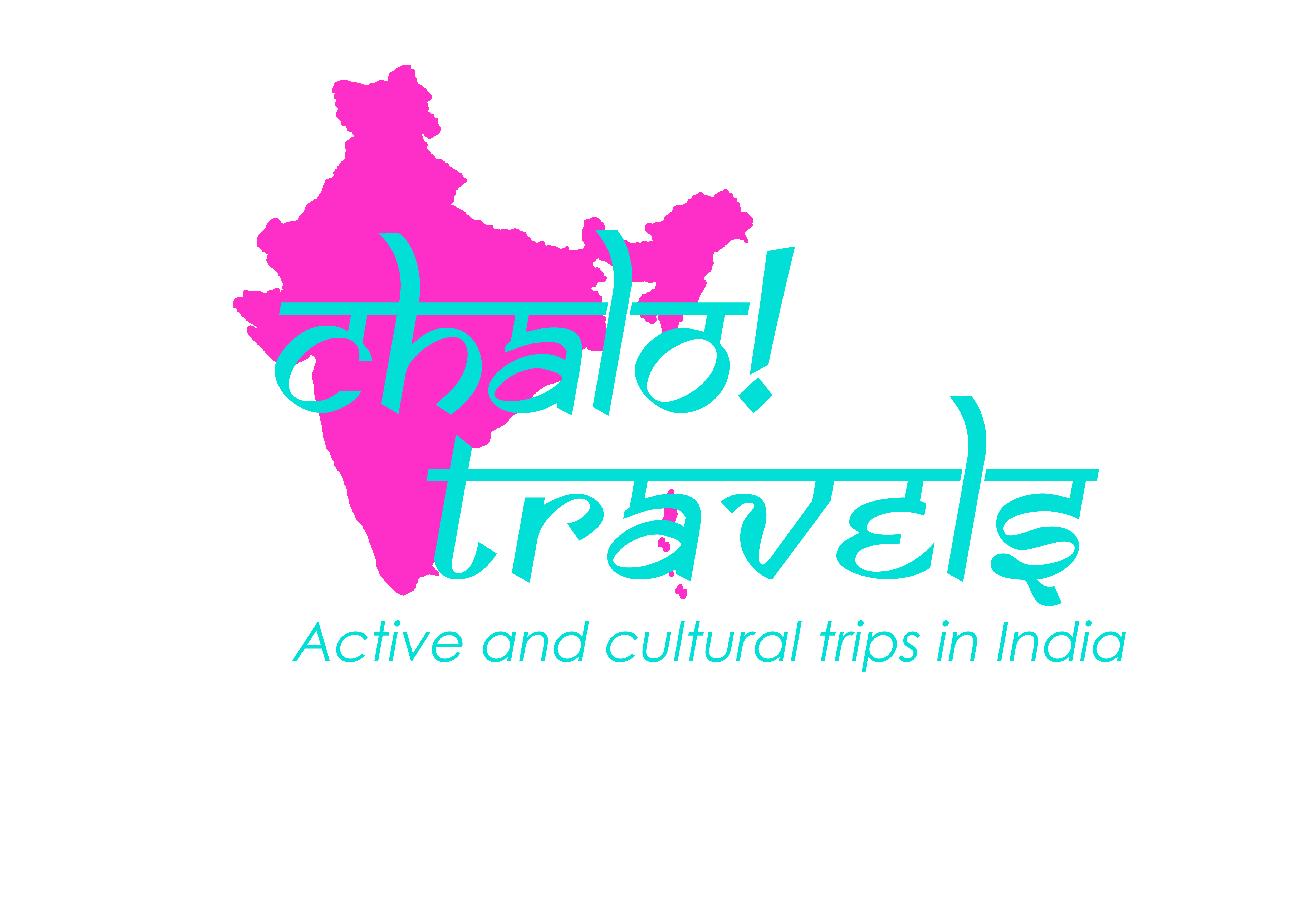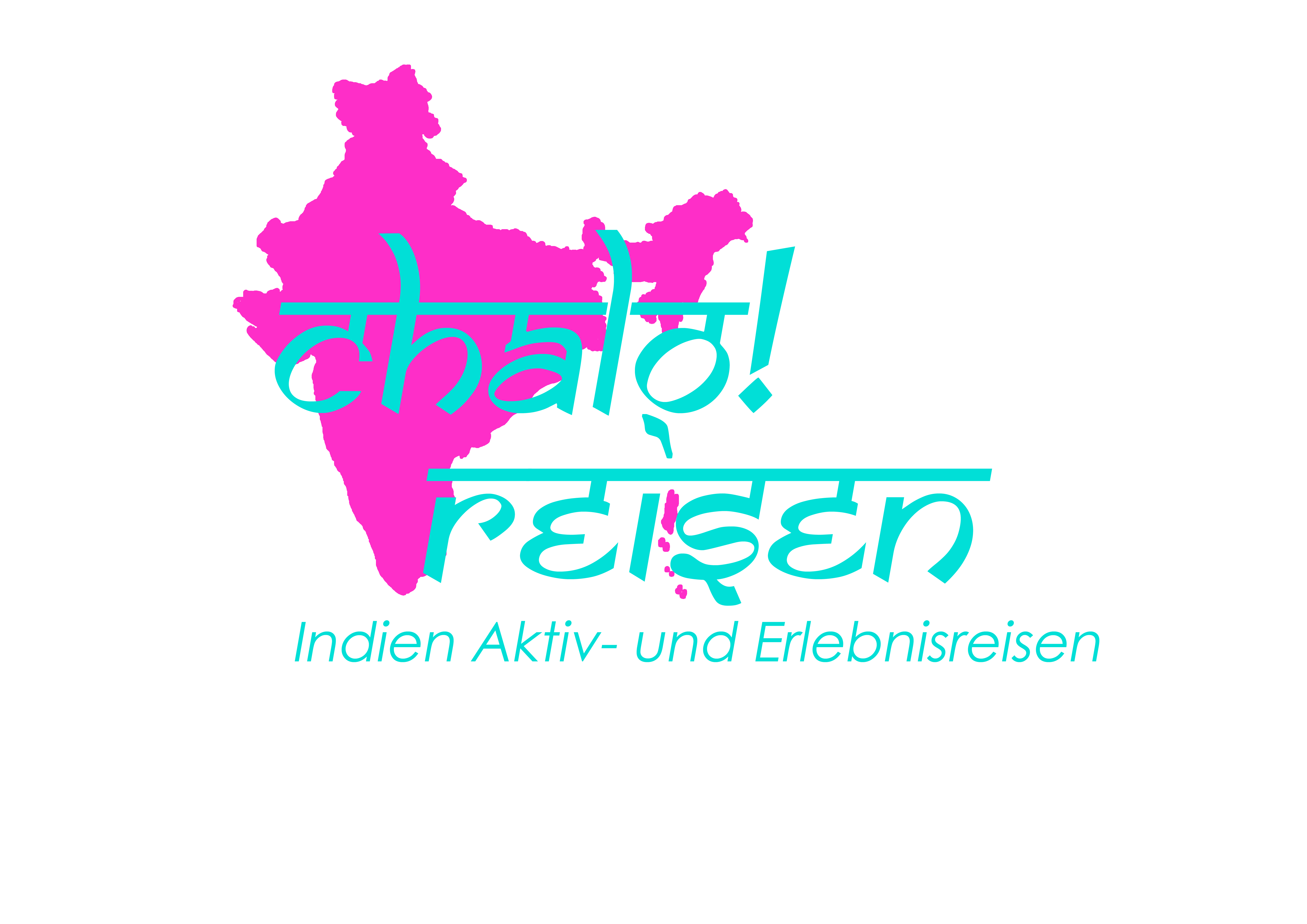- Aktive Kultur Reisen
- Multi Aktiv Reisen
- Kultur Reisen
Overview
Nagaland and Eastern Arunachal Pradesh
After enjoying the spectacular hornbill festival, this 16-day tour takes you across the lesser travelled easternmost states of India through nagaland and Arunachal pradesh bordering Myanmar. This is a land of forested hills and unique tribes. Over the duration of our travels, we will be covering territories and interacting with over 10 distinct tribes. Each of these tribes has their own distinct identity, beliefs, traditions, attire, cuisine and languages. From the erstwhile headhunting Konyaks of eastern Nagaland to the Theravada Buddhist Tai tribes of the Lohit valley.
You will also experience the grandest cultural festival of India, the Hornbill festival. Here the 19 naga tribes come together to showcase their culture, cuisine and much more for a duration of 10 days every year. You will travel across historic oil towns, quaint villages, tea plantations, visit monasteries and refugee settlements, walk in beautiful valleys and rainforests, raft down tributaries of one of the grandest river on earth and much more.
Travel tipp: Start your journey already on 29th November in Guwahati and combine this trip with a 7 days epic cycling tour through Megalaya all the way to Nagaland to the Hornbill Festival. Extra Cost: 800 €
Programm
Day 1,2,3,4: Kohima
- Arrival at Dhimarpur Airport and transfer to Kohima. We use the days in Kohima to explore the city, its local markets and neighbouring Angami villages.
- Visits include the Kisama Heritage village which is the main venue for the Hornbill Festival.
- Kohima local market, the commonwealth war cemetery, state museum.
- We take two days to hike in the beautiful Dzukou valley, with a night of camping.
Day 5: Kohima to Wokha
- Today we drive to Wokha, cultural hub of the Alotha tribe. The distance of 120Km will take about 3.5 driving hrs.
- Enroute, we take a small detour to visit Khonoma Village, which is the first green village of India. Khonoma is steeped in history with its defiant stand against the colonial powers.
Day 6: Wokha to Mokokchung
- Today we drive to Mokokchung, the cultural hub of the Ao tribe. The distance of 70Km will take about 2.5 hrs to cover. Enroute, we visit Ungma Village, which is the oldest and largest Ao village.
Day 7: Mokokchung to Mon
- We start with a visit to the local markets following which we drive to Mon, home to the erstwhile headhunting Konyak tribe. The distance of 160 Km will take about 5 hrs to cover.
Day 8: Mon to Longwa
- Start with a visit to the local markets. It is quite common to see home-made muzzle loading guns to be sold in the markets here, one would find them right next to vegetable and shawl shops.
- Next, we visit Longwa Village which lies in the Myanmar border. Half the village is in India the other half in Myanmar, the Angh (chiefs) house lies right in the middle of the border line. Here, we visit the chief, visit local handicraft makers, take a guided walk along the India-Myanmar border ridge. Visit the Morung (youth dormitory), learn about tribal governance, customs, and legends.
Day 9: Longwa to Nampakhe
- We leave early, driving out of the Naga hills into the lush plains of Upper Assam. Our destination for this day is a small villagee of the Tai Pakhe people. The Tai Phakes mainly live in villages in the Districts of Dibrugarh and Tinsukia in Assam. Tai Phake population in these villages is not more than 2000. Among these villages, the most important in all aspects, is the Namphake Village. There are about 80 houses in this village and the population is around 600.
- Tai is a large linguistic group that has many branches. They originated somewhere in the region covering Southern China and SE Asia and migrated to nearby areas including Myanmar and NE India. The most famous of them is of course the Thai people of Thailand while in Assam the Ahoms are the most populous and well-known Tai group as they ruled the region for a long time.
Day 10: Mon to Miao
- Today we make for Miao in Arunachal Pradesh. The distance of 115 Km will take about 2.5 driving hrs to cover. We break the journey in the historic oil town of Digboi, where we visit the oil museum.
- Next, visit the Choephelling Tibetian Settlement at the edge of Miao and visit the carpet weaving centre of the settlements self-help group. This settlement was created by the govt. after the 1972 war.
- The destination for the day Miao is located at the entrance of the Namdapha National Park. This is the last semblance of town in this sector of the country.
Day 11: Miao to Hornbill Point
- Post breakfast we get onto our cars for an initial 1 hr transfer (25 Km) to Deban forest camp. Here your crew will be waiting.
- The first day of walking starts with two river crossings, the first on a bamboo dollong (bridge) or boat and the second by wading. Following this we enter the rainforest canopy. For most part of this day we are under the canopy with little chance of seeing the open skies. As soon as you enter the forest, your ears will pick up the frenzy of the forest, the hooting of Hollock Gibbons, deer calls and chirping of the birds like the Fulvous-breasted Woodpecker, Maroon Oriole, Rusty-bellied Short wing and Oriental Pied Hornbill. The destination for this day is Hornbill point. As the name suggest this is a roosting site of the Great Indian Hornbill.
Day 12,13: Miao to Chowkham and Chowkham visit
- Today we retreat from the rainforest on the same path we took to reach hornbill point. However instead of exiting towards Deban forest camp, we exit to Deban village which is a villahe of refugee Chakma tribe. The Chakma’s migrated to the northeastern region from the Chittagong hill tracts of Bangladesh. Our vehicles will be wait here.
- Our destination, Chowkham is home to the Tai Khamti people. Ardent believers of Theravada Buddhism, they migrated from the Thai-Burma-Yunnan border (Mongmao) in the second Tai migration after the Tai Ahom roughly 500 yrs back. Unlike the Tai Ahom, they have managed to hold strong to their roots. They are one of the only tribes to actually have a script of their own in the entire North-eastern region. Their cuisine is arguable one of the finest among all the Northeastern tribes, with local aromatic herbs being essential ingredients. We spend this day exploring local villages, pagodas and temples. Also we have a Picnic lunch planned on a river bank
- Towards evening we visit the magnificent Golden Pagoda Complex
Day 14: Chowkham to Bizari
- Post breakfast drive to Bomjir at the banks of the mighty Dibang river. This is one of the three eastern tributaries that make up the Brahmaputra. The distance of 70 km will take about 1.5 hrs to cover.
- Our rafting team will be waiting here. Next comes the rafting phase. We raft from about 2 hrs till we reach a secluded river beach. We camp here for the night.
Day 15: Bizari to Roing
- We start in leisure. If the sun is out bright, we can swim in the river.
- After breakfast we break camp and load up onto the raft. The end point is at Biari village which is in close vicinity. Here on we have a hr long drive to Roing.
- Our destination for this day is Bizari village, which lies about 7 km ahead of Roing town. This beautiful village offer phenomonal views of the birth of the Brahmaputra valley.
Day 16. Roing to Dibrugarh
- We start early and make our way back to Dibrugarh. The distance of 145 Km should take about 3 hrs to cover. Your port of departure is the Dibrugarh airport. Enroute we drive over the 9 Km long Dhola-Sadia Bridge, which is one of the longest bridges of India.
Included Services
- Accommodation: 15 nights on Dbl share
- Meals: All meals, water and refreshments
- Transport: Innova or Mini Bus
- Activities: As mentioned in Itinerary
- Guide: English speaking guide during activities
- Permits: Arunachal Protected Area Permits,
- Trekking permits
- Tolls & Taxes: As applicable
Excluded Services
Flights, Visa, Tipps
Highlights

Day 1 to 4 Kohima 
Day 5 Wokha 
Day 6 Mokochonk 
Day 7 Mon 
Day 8 Longwa 
Day 9 Nampakhe 
Day 10 Miao 
Day 11 Hornbill Hike 
Day 12 and 13 Chowkham 
Day 14 Bizari 
Day 15 Roing 
Day 16 Dibrughar 
Tour
Prices and Dates
Tour date: 5th to 20th Dezember 2025
Prices:
Tour price from 4 participants: 2000 € per person
350 € single room supplement
Tour Info
Requirements
Our activities are moderate, but a desire for movement and a little adventure is part of it. We will visit a region that is still relatively undeveloped for tourism. Tolerance and flexibility are required!
Further Information
We are located in a remote, touristy region that is largely undeveloped. Our accommodations are all clean and well maintained, but with exceptions a little easier and without running water. During the rafting and trekking we will stay in tents.




